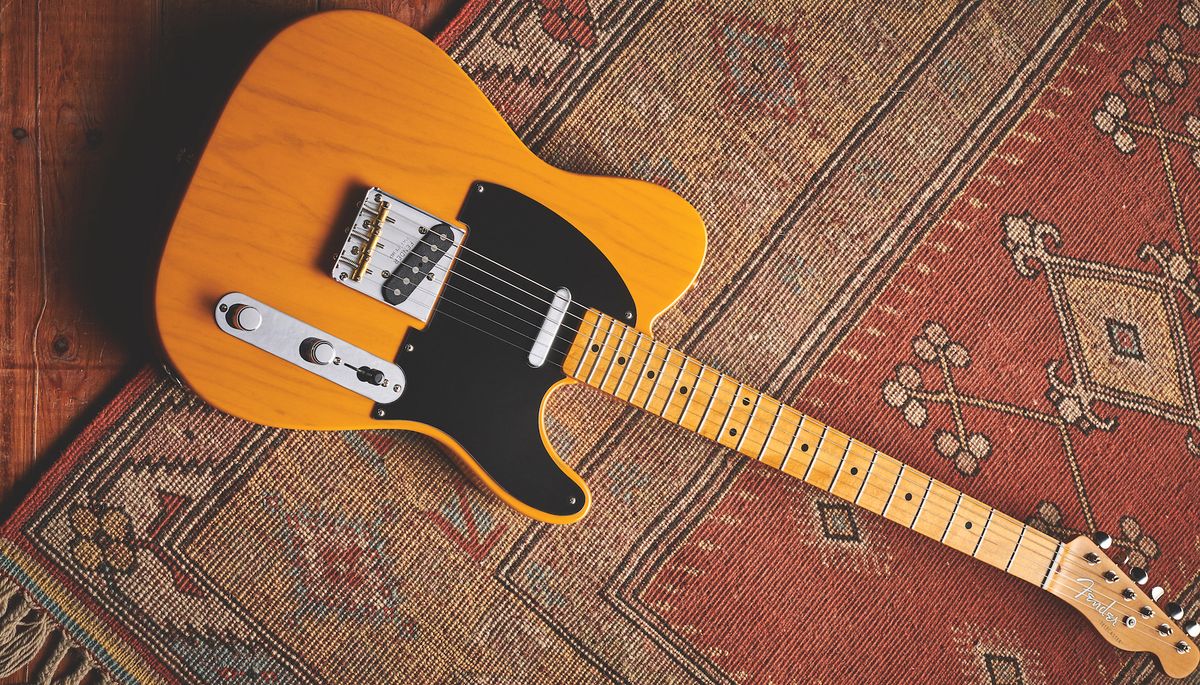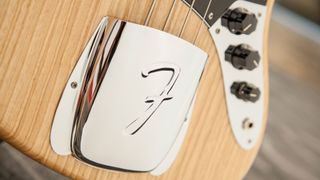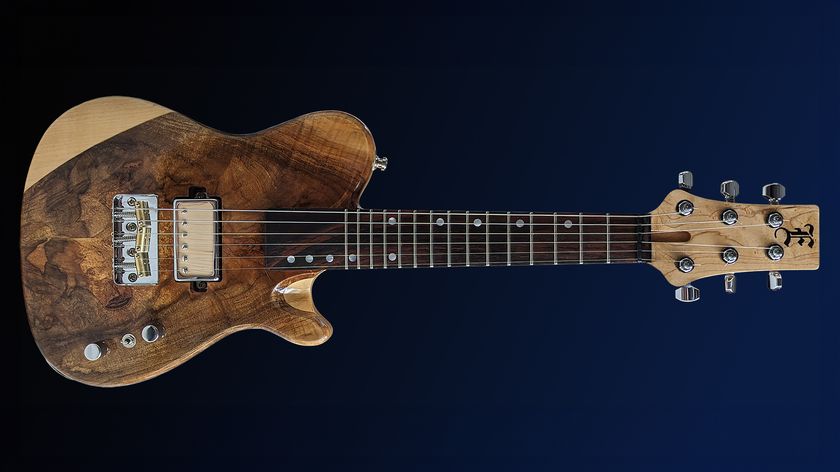Fender to Discontinue Using Ash Bodies for Production-Line Guitars
"What little ash we are able to source will continue to be made available in select, historically appropriate vintage models, as supplies are available," Fender said

Fender has announced that it is discontinuing the use of ash on the bodies of its production-line guitars.
Though it's not the company's most popular hardwood, ash figures large in Fender's storied history, as the company's main hardwood in guitars and basses from 1950 to 1956.
“In order to uphold our legacy of consistency and high quality we, at Fender, have made the decision to remove ash from the majority of our regular production models," Fender said in a statement.
"What little ash we are able to source will continue to be made available in select, historically appropriate vintage models, as supplies are available.”

In an interview with Guitar World, Fender's Executive Vice President of Product, Justin Norvell, revealed that the difficult decision was made largely because of the Emerald Ash Borer beetle, a non-native invasive pest that has been destroying the unique "swamp ash" found in the American South - favored by Fender for its distinctive qualities.
Norvell also said that climate change played a significant role in the decision, worsening and lengthening floods in the region.
"We like the wood from the water, it’s more porous and that’s how we get the light swamp ash," Norvell said. "We actually only use the bottom part of the tree, where the water is.
Get The Pick Newsletter
All the latest guitar news, interviews, lessons, reviews, deals and more, direct to your inbox!
"But the floods have not been receding, so these areas are underwater for two thirds of the year and it’s gotten to the point where we are sitting there for six or eight months waiting for ash we can’t get reliably. The beetle is still coming where there’s floods or not, so it’s really narrowing down."

Though swamp ash will still be available on a few Fender models, these will likely be limited to "higher-end American and Custom Shop stuff," according to Norvell.
"We were using ash all the way down through to Squier before! It’s going to be a lot more limited.”
To read the full interview with Norvell - where he also details how the change affects Fender's more immediate, 2020 plans - point your browser over to Guitar World.

Jackson is an Associate Editor at GuitarWorld.com and GuitarPlayer.com. He’s been writing and editing stories about new gear, technique and guitar-driven music both old and new since 2014, and has also written extensively on the same topics for Guitar Player. Elsewhere, his album reviews and essays have appeared in Louder and Unrecorded. Though open to music of all kinds, his greatest love has always been indie, and everything that falls under its massive umbrella. To that end, you can find him on Twitter crowing about whatever great new guitar band you need to drop everything to hear right now.

“I felt myself starting to cry.” Eric Clapton’s 'MTV Unplugged' Martin acoustic returns in two guises. But Slowhand’s affinity for the guitar brand began long before that seminal live performance

"The tuning is E to E but an octave higher than standard." Can this little guitar make you sound like you’re playing mandolin? Meet Ellis Guitars’ Soprano TX








